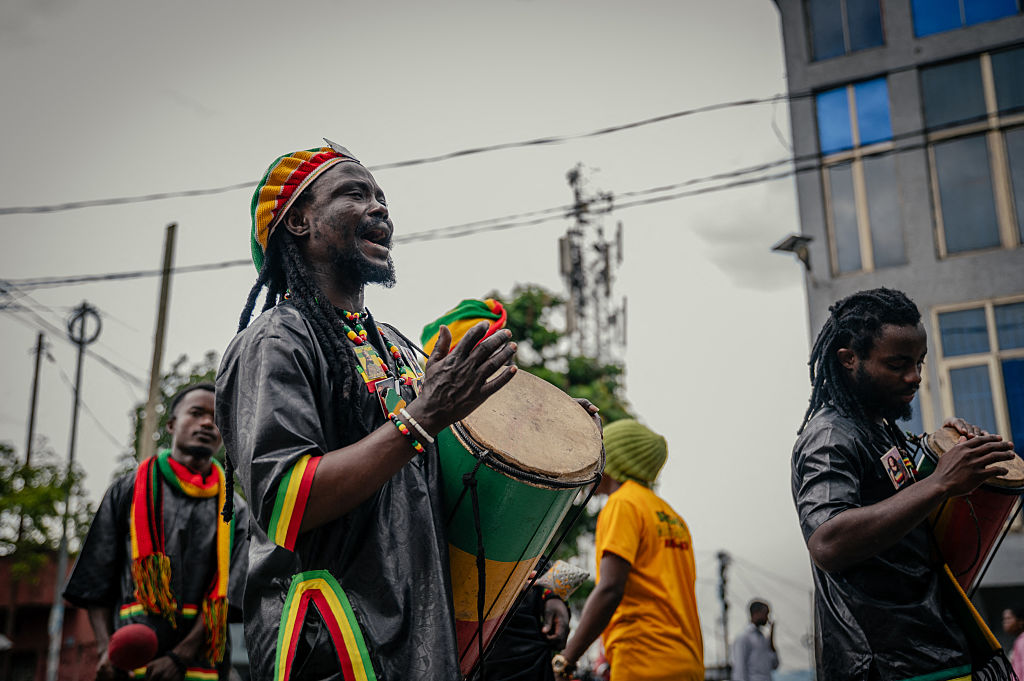The U.S. Supreme Court docket introduced Monday it would hear the case of Damon Landor, a religious Rastafarian whose dreadlocks had been forcibly shaved by jail guards in Louisiana, regardless of a transparent authorized precedent defending his spiritual proper to put on them.
In line with the lawsuit, Landor, who had vowed to not minimize his hair for practically twenty years as a part of his religion, entered the Louisiana jail system in 2020 to serve a five-month sentence for a drug-related offense. On the time when he started his sentence, his locs fell practically to his knees.
After serving all however three weeks of his five-month sentence, Landor was transferred to the Raymond Laborde Correction Heart. He claims the violation occurred at that facility.
Landor states that he entered with a replica of a courtroom ruling that made it clear that working towards Rastafarians must be given a spiritual lodging permitting them to maintain their dreadlocks. However a jail officer dismissed his considerations, and Landor was handcuffed to a chair whereas two officers reportedly shaved his head after throwing the paperwork within the trash.
“Once I was strapped down and shaved, it felt like I used to be raped,” Landor stated in a press release. “And the guards, they only didn’t care. They’ll deal with you any type of manner. They knew higher than to chop my hair, however they did it anyway.”
Upon his launch, Landor filed a lawsuit elevating varied claims, together with the one at challenge on the Supreme Court docket, which he introduced beneath a federal legislation known as the Spiritual Land Use and Institutionalized Individuals Act, searching for damages for the trauma and violation he endured.

Louisiana Lawyer Basic Elizabeth Murrill stated in courtroom papers that the state doesn’t contest that Landor was mistreated and famous that the jail system has already modified its grooming coverage to make sure that different Rastafarian prisoners don’t face related conditions.
On the coronary heart of the case is whether or not people suing beneath RLUIPA can get well financial damages. At the moment, there’s an identical legislation, the Spiritual Freedom Restoration Act, that enables for financial compensation for damages, and Landor’s attorneys level out that each statutes include “equivalent language.” In a 2020 resolution, the Supreme Court docket affirmed that cash damages had been permissible beneath the RFRA. Landor’s attorneys argue that precedent ought to apply right here as effectively.
Nonetheless, each a federal choose and the U.S. Court docket of Appeals for the Fifth Circuit dominated in favor of the state, barring Landor from gathering damages. Now, the very best courtroom within the nation will weigh in. The Supreme Court docket is about to listen to oral arguments in its subsequent time period, which begins in October and concludes in June 2026. For Landor and plenty of different incarcerated people who apply minority religions, the end result may decide whether or not justice is simply in title or inclusive of reparations.
SEE ALSO:
Jamaica Supreme Court docket Guidelines College Can Ban Dreadlocks